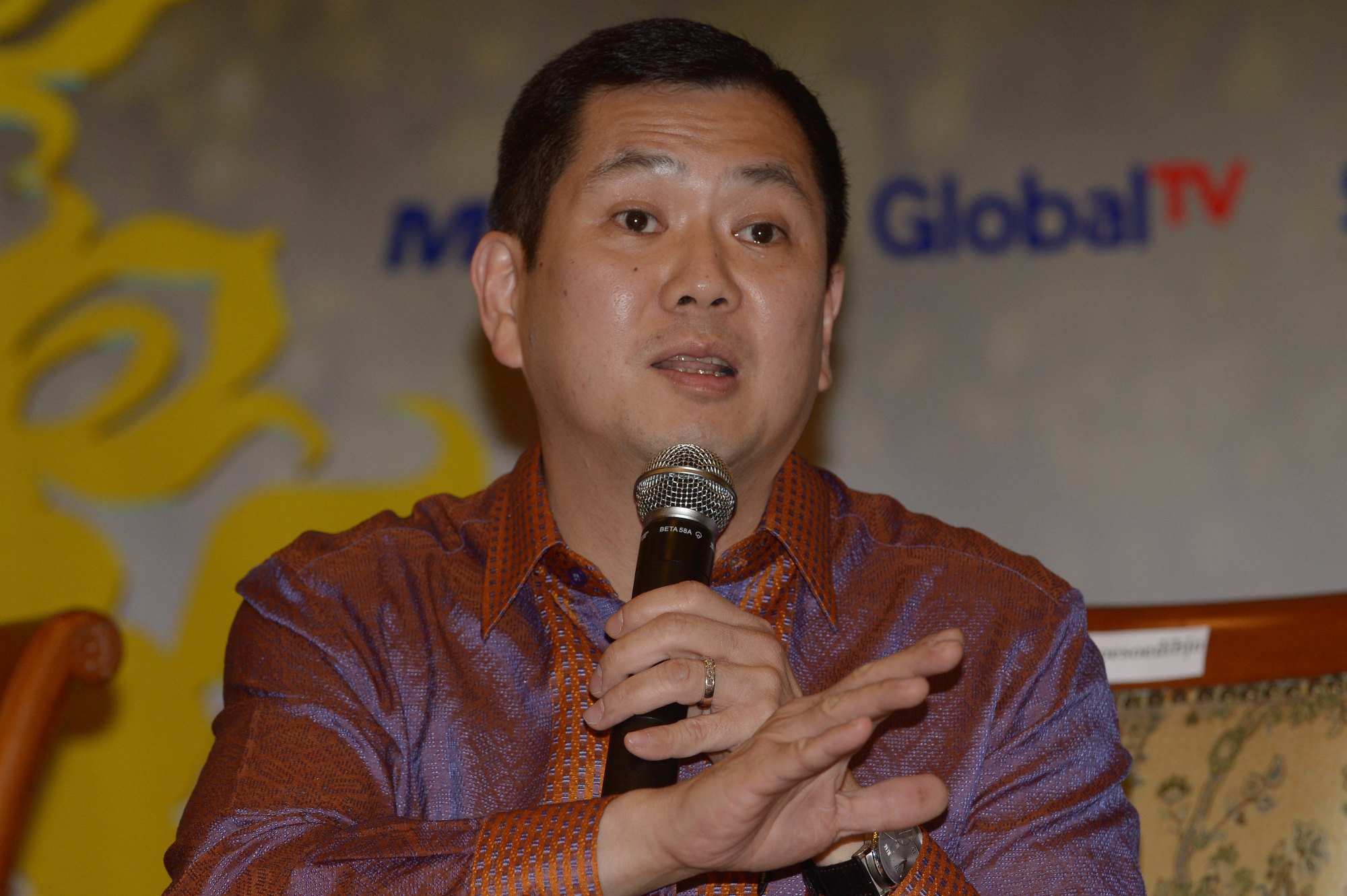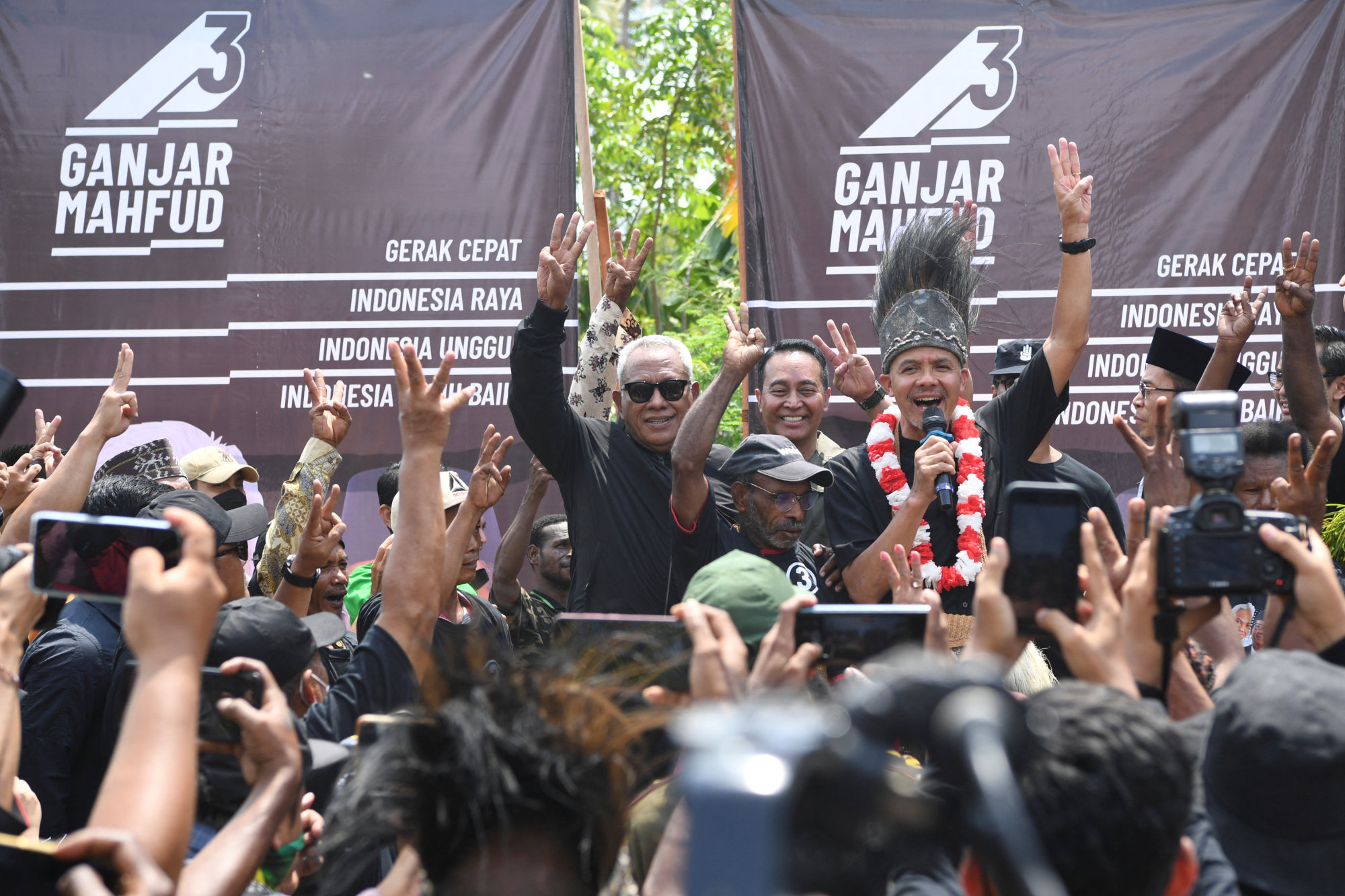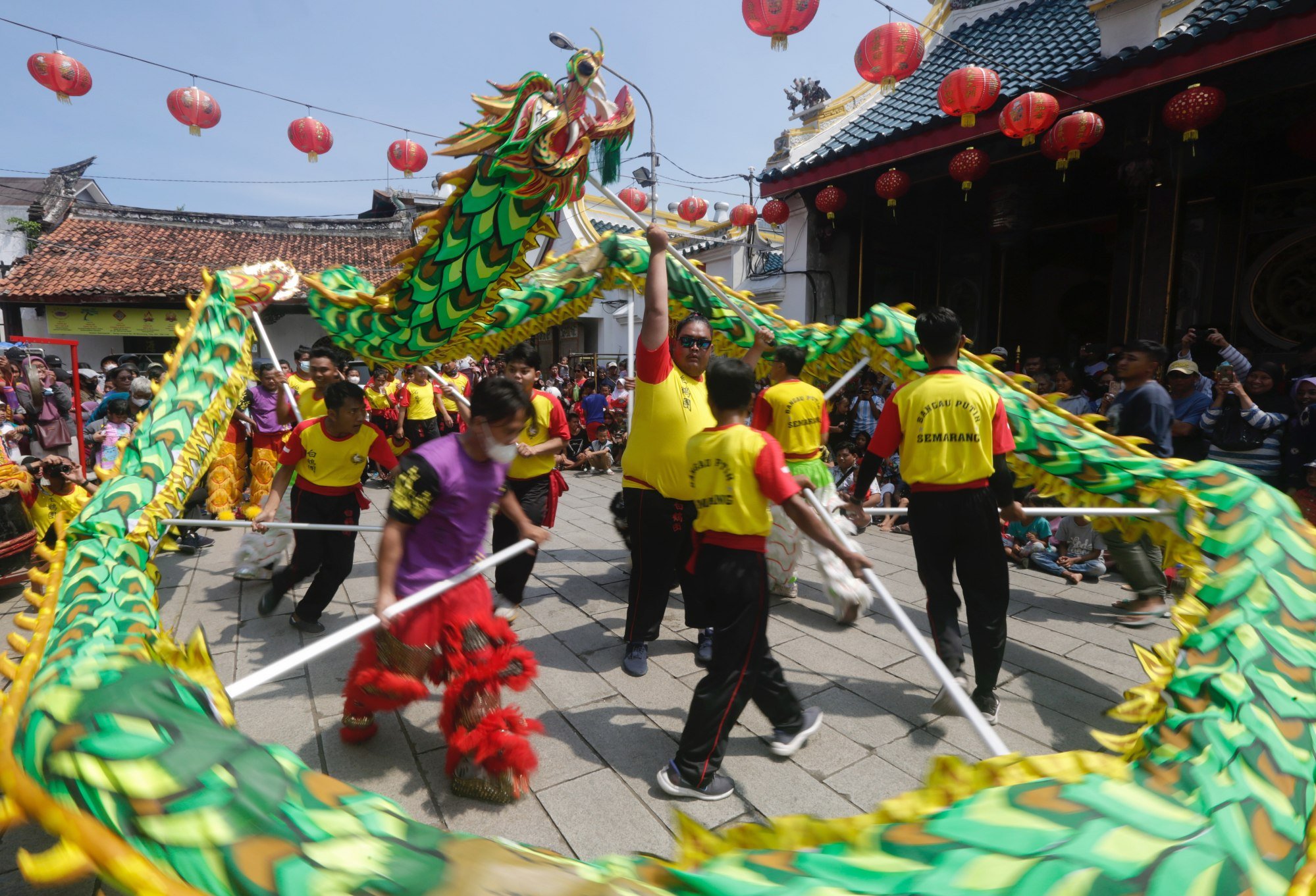MasterChef Indonesia faces heat over winner as ‘classic problem’ of ethnic tensions simmer
Their disappointment quickly degenerated into accusations of racism by the show in favour of Belinda, who happens to be “Chindo”. Netizens vented their frustration on social media, claiming to have stumbled upon a “discernible pattern” of winner selection by MCI.
“They might as well change the show to MasterChef Chindo,” wrote X user @pakdosenkw, who observed that MCI had since Season 1 picked many Indonesian-Chinese winners.
But fellow X user @AndreasMelody questioned the narrative, which he deemed “specious”.
“In my view, most of the winners since Season 1 earned their places, fair and square.”

Nevertheless, the favouritism charge continued to gain traction given that RCTI, the channel that airs MCI, is part of the MNC Media Group, which is owned by Indonesian-Chinese tycoon Hary Tanoesoedibjo. Better known as Hary Tanoe, he is also the founder and chairman of a political party, Perindo.
Adhi Gunawan, 29, an Indonesian-Chinese chef and culinary entrepreneur in Surabaya, said the issue had been blown out of proportion due to rising political tensions in the lead-up to Indonesia’s February election.
“Perindo is part of the coalition that endorses Ganjar [Pranowo] as presidential candidate, and indeed, Ganjar himself was invited to the final episode. This has made it very juicy.”
Adhi pointed out that MCI has had two Indonesian-Chinese competitors in the finale in the past, without it causing much of a stir.
He fed Gordon Ramsay chicken feet: MasterChef winner in UK remakes Chinese street food
He fed Gordon Ramsay chicken feet: MasterChef winner in UK remakes Chinese street food
Yogyakarta-based fan Merry Panggabean, 35, who has followed the show religiously since its inception, accused RCTI of breaching public trust by politicising MCI by only giving airtime to one of the three presidential candidates.
“Ganjar acted like a guest judge, commenting on the food and things. What competence does a politician like him have in assessing the skills of any chef?” she asked pointedly.
As a result, Ganjar was lampooned by social media users in Indonesia for appearing on the show, with many accusing him of using the platform as a form of political promotion for himself.

Charges of nepotism have also spiralled beyond race and ethnicity.
Merry said all sorts of rumours had been swirling around, including a claim that Belinda had been set up to win because her father was a member of Tanoesoedibjo’s church as well as a donor to his political party.
“But personally, I think the main reason she won is that she is a graduate of the prestigious Le Cordon Bleu culinary academy, rather than her ethnicity. Kiki, by comparison, only graduated from a local school,” Merry added.
Paris-founded Le Cordon Bleu is the largest global network of culinary schools, with over 35 institutes in 20 countries that train some 20,000 students of more than 100 nationalities every year.
“Having an internationally trained champion chef just looks so much better for the show, I guess,” Merry said.

Despite her doubts about whether race was part of the equation in Belinda’s victory, Merry said she believed Kiki was the superior chef and should have won. “Kiki also impressed the viewers as a generous person, even going as far as helping Belinda carve a lamb dish she was making because she couldn’t do it properly.”
Candrawati Sulaiman, an Indonesian-Chinese fan of the show who lives in Jakarta, said she could see why people thought it was unfair to Kiki.
“But if the producers were actually racist, why should all Chindos get tarred with the same brush? If anything, it’s the racist producers who should be held responsible,” she said.
Neither MCI nor RCTI had released an official statement addressing the controversy at the time of publication.
‘Change was needed’: Indonesian-Chinese revive original surnames
‘Change was needed’: Indonesian-Chinese revive original surnames
Bram Luska, an Indonesian-Chinese restaurateur based in Semarang, said he agreed Kiki had proved himself to be a more seasoned chef than Belinda, but he could not see the point in getting worked up over a television show.
“What surprised me was that the majority of those making the accusations of racism were millennials and Gen Z. Maybe they don’t really know the sort of racism Chinese-Indonesians have had to take in their stride all this time,” the 37-year-old said.
Bram said he had noticed the MasterChef controversy was not even something discussed among older generations.

King Gaudi, an 80-year-old elder within Surabaya’s Indonesian-Chinese community, said that personally he had not heard anyone talking about the MCI controversy, but he understood the issues at play.
“This is a classic problem with our nation. Our sense of nationhood remains underdeveloped after 78 years of independence. People still instinctively identify themselves as part of their ethnic groups rather than just Indonesian.”
King said the biggest challenge for Indonesians today was to be able to see past ethnic and racial differences. “This is a two-way process. As a Chinese-Indonesian, I have always availed myself of different ethnic groups,” said the retired navy colonel.
During King’s naval years under Suharto’s rule, Indonesian-Chinese officers were excluded from promotions and nobody from his generation made it to the rank of admiral, he said. “But those days have, for the most part, gone since Reformasi happened [in 1998]. Since then, we have had a few generals who are Chinese-Indonesian.”
River clean-up reveals forgotten history of Indonesian-Chinese sugar barons
River clean-up reveals forgotten history of Indonesian-Chinese sugar barons
Still, King said, racial harmony in Indonesia was a work in progress with constant challenges. “Ethnic segregation and lack of dialogue between different groups now threaten to undo years of painstaking endeavours by the older generations.”
Tito Ambyo, an Indonesian journalism lecturer at Melbourne’s RMIT University, shared some of his thoughts on the issue by posting a photo on social media of Reynold Poernomo and Jess Liemantara, two Indonesian-Chinese participants in the latest season of Australia’s MasterChef: Dessert Master.
Tito wrote that, before people started accusing Indonesian-Chinese of racism, they should put things into historical context.
“Anti-Chinese sentiments have a long history in colonial and postcolonial Indonesia, which included restrictions on business activities and identities. They were also forced to change their names and religion.”
‘Trauma’ of stateless Indonesian-Chinese in Suharto era relived in new book
‘Trauma’ of stateless Indonesian-Chinese in Suharto era relived in new book
Tito noted “Chindos” had always played an important role in Indonesia’s culinary tradition, giving rise to quintessentially Indonesian food names such as “capcay (vegetable stir-fry), tongseng (meat stew), kwetiau (fried flat rice noodles), bakmi (meat and wheat noodles) and bakpau (meat-filled buns)”.
“Culinary businesses became one of the ways in which Chindos could still thrive under racial discriminations of colonial and modern Indonesia. And they are good at it.”
Tito contended there was a real historical and cultural basis as to why great chefs could be found among Indonesian-Chinese.
“Instead of pushing racist and conspiracy theories about how the judges or TV station conspired to only give victories to Chindos, let’s celebrate the contribution of this heavily discriminated-against minority group.”


 Free spins for beginners
Free spins for beginners